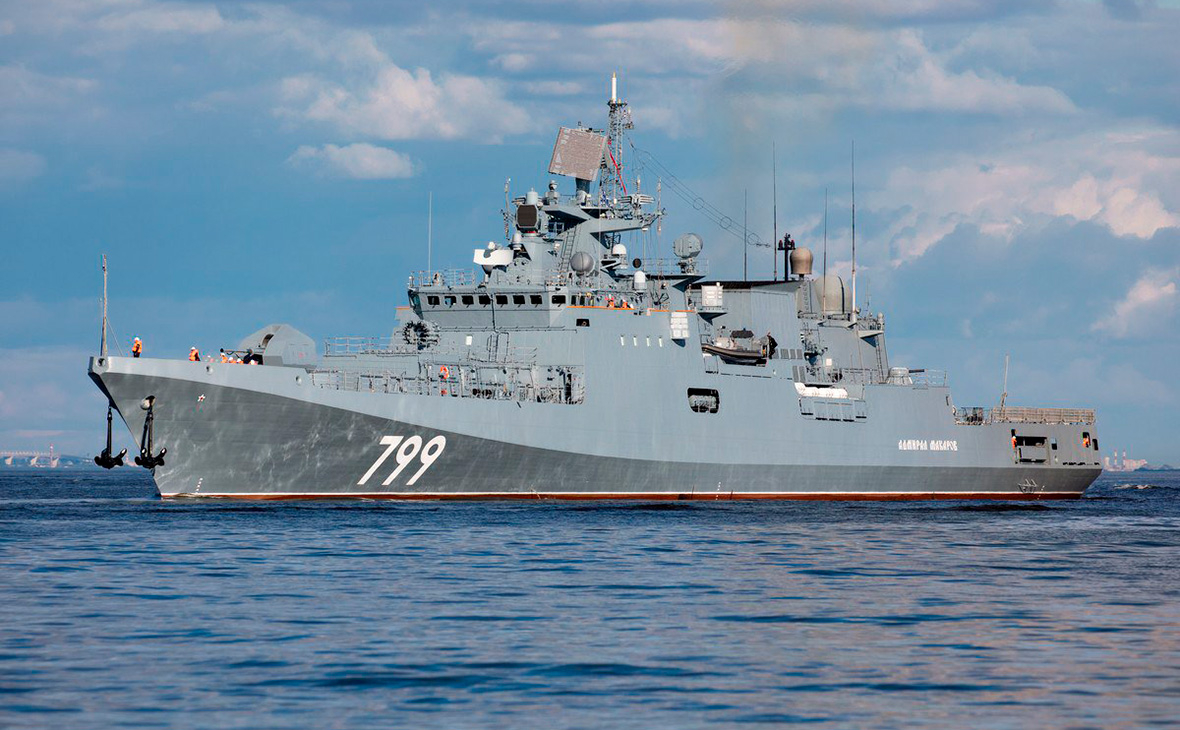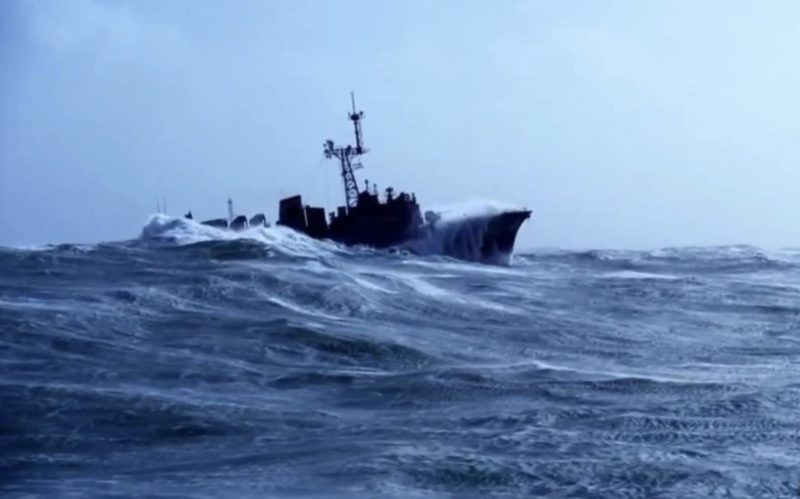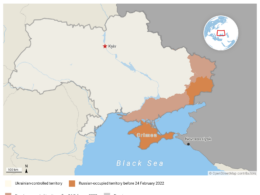According to the latest report from British intelligence, Russia’s Black Sea Fleet likely faces increasing challenges in fully deploying its deadly cruise missile arsenal against Ukraine due to logistical issues.
Traditionally, the fleet has reloaded long-range Kalibr and other cruise missiles at its Sevastopol base in Russian-occupied Crimea. But with that facility increasingly imperiled by Ukrainian strike capabilities, Russia will likely now lean on its Novorossiysk naval port as the safest missile resupply point.
However, UK intelligence notes that relocating such a critical staging process presents complex logistical challenges for the Russians. The Novorossiysk site currently lacks dedicated infrastructure to deliver, store, handle, and load sizeable quantities of munitions. Resolving these issues could significantly impact efforts to sustain an intensive missile bombardment campaign against Ukraine.
Lending credence to this assessment, Ukraine’s military reported on 13 November that Russia has paused Black Sea missile launches for now, citing “logistical problems” at Novorossiysk.
The UK intelligence report predicts that Moscow will place high priority on enhancing and streamlining the capabilities of Novorossiysk to ensure its missiles are integrated into winter air strikes against Ukraine. “However, relocating and reloading the missiles would require new delivery, storage, handling and loading processes,” British intel concluded.
Read also:
- Ukraine downs 74 of 75 Shaheds in largest-yet Russian drone attack
- SBU unveils new details of marine drone attack on Crimean Bridge
- Texty: Russia made over $5 bn on stolen harvest in occupied Ukraine
- Newsweek: Ukraine is winning artillery war against Russia




